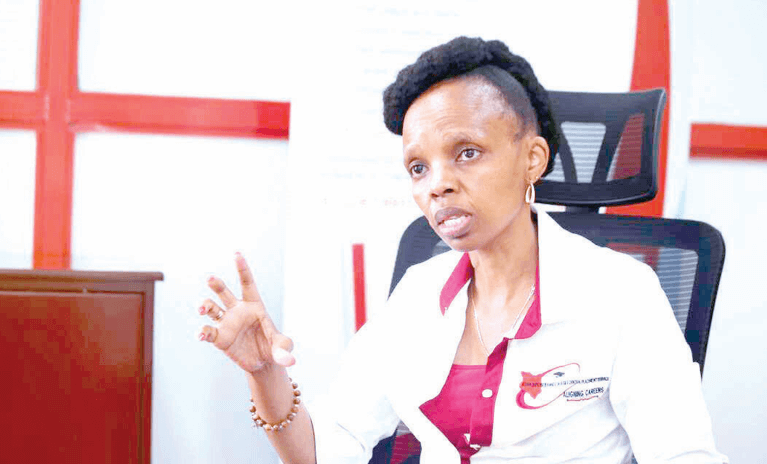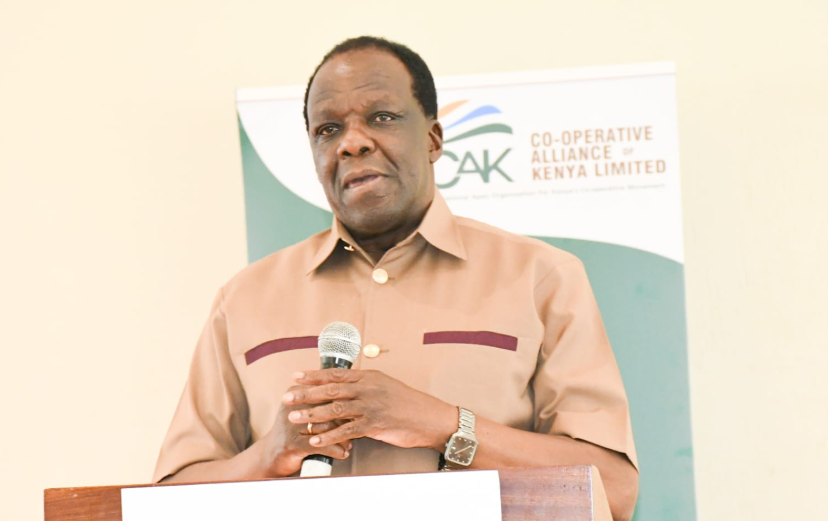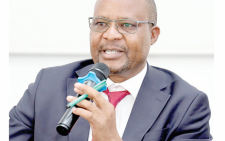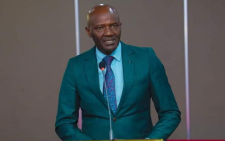Ksh900b pain for free varsity education

It will be impossible for the government to offer free university education, MPs heard yesterday. University Fund (UF) and Kenya Universities and Colleges Central Placement Service (KUCCPS) told MPs who sit in the National Assembly’s Public Investment Committee on Governance and Education, chaired by Bumula MP Wanami Wamboka, that the country would require about Sh900 billion annually to offer free education.
University Fund Chief Executive Officer Geoffrey Monari and KUCCPS Chief Executive Agnes Mercy Wahome regretted that even globally it has been a challenge for governments to offer free university education.
Monari in particular told the lawmakers that despite them doing a number of simulations it is evident that they will not achieve free university education.
“It is going to be difficult to have free university education, that is why we are advocating equity in distributing funds. We require Sh900 billion to provide free university education in the country,” the CEO told parliamentarians.
The duo made the remarks when they appeared before the lawmakers to respond to questions raised by Auditor General Nancy Gathungu touching on the placement of university students in private universities as well as university funding.
From the financial year 2016/2017 to 2022/2023 a total of 115,648 students were placed in about 31 private universities. MPs present during the session however demanded to know whether UF has continued to fund private universities yet public universities have the capacity.
They also wanted to know whether the two entities have the capacity to monitor students who join universities to ensure that there is accountability after the Office of the Auditor General revealed that the Ministry of Education wired Sh146.57 million in the last financial year to government-sponsored students in private universities.
Tracking students
In the financial year 2021/2022, the Auditor General report disclosed that the government lost nearly Sh1.2 billion through unsupported capital grant financing to private universities.
Embakasi West MP Mark Mwenje sought to know why the agencies under the education sector had failed to put in place a mechanism to track how funds are sent to students to avoid them from funding ghost learners. He noted that this has let universities continue receiving funding for university students who have since dropped out or died.
The questions by the members came after Monari and Wahome admitted that they do not have a software or legal framework to compel universities to share data on continuing students with relevant funding agencies.
“The requirement is not in the law so if there is no goodwill, it will not happen. Under the current law, universities are not compelled to give KUCCPS the data,” Wahome told the lawmakers while proposing amendments the Act.
Monari told the committee that their plans to create a digital system for Information Data Management were hijacked by the Ministry of ICT.
“We had pushed for its establishment and the National Assembly had granted us Sh80 million to create a Higher Education Management Information system but the money was later rewired to the Ministry of ICT,” he said.











